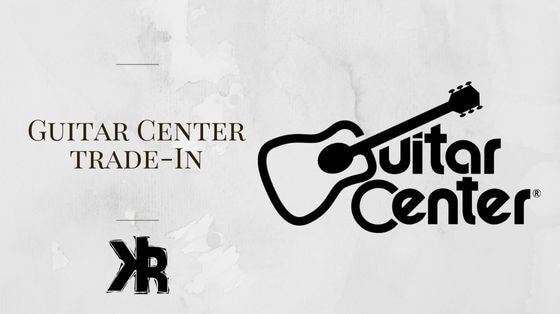dcrigger
PRO DRUMMER
I said - no actual tax law has changed. With this reporting change, nobody is going to owe one ent of tax on anything that they didn't already owe before. No tax law has changed.Did they or did they not lower the reporting threshold? If they did (they did) how can you say no law has changed?
This kind of change effects no one - but those that were previously filing their taxes sloppily or outright trying to not pay the tax they owe.
So that's how I can say "no (tax) law has changed".... nobody's taxes have been raised because of this change.



